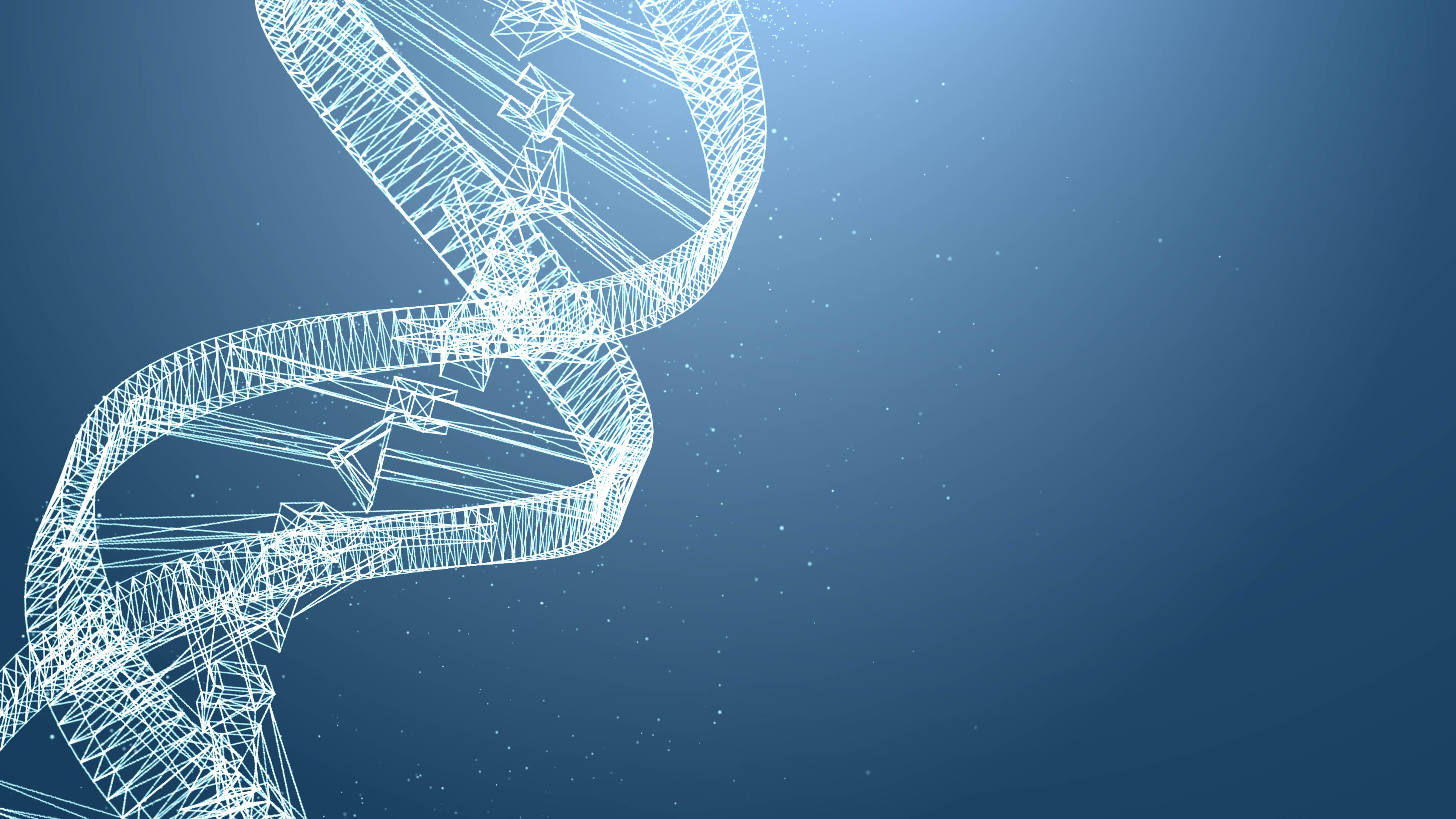Scientists have long grappled with the concept of human genetics, studying the biology of aging, and asking the question: To what extent to our genes really determine how long we live?
In 2013, Google co-founder and CEO Larry Page introduced Calico, Alphabet’s billion-dollar longevity lab, designed to study the connection between DNA and the human lifespan. Two years later, the lab’s geneticists teamed up with Ancestry to study the company’s extensive genealogy tracking, in order to better understand the link between the two.
This week, after years of analyzing the company’s massive database, the results of the partnership’s research were published in the journal Genetics, revealing that the influence of DNA on our longevity is not as strong as we once thought.
“The true heritability of human longevity… is likely no more than seven percent,” explains lead author Graham Ruby. “If the heritability of life span is low, it tempers our expectations about what types of things we can learn and how easy it will be.”
The researchers found that “assortative mating” — the idea that humans tend to choose partners who are similar to them — actually has a more direct impact on human life span than DNA. “Even though no one has shown the impact of assortative mating to such an extent before, it aligns well with how we know human societies are structured,” Ruby notes. “The factors that are important for life span tend to be very similar between mates.”
The researchers found that while our genes do play a role, our own choices have much more control than we previously thought, which means that how we live our lives, not just our genes, is the driving force behind how long we live.
According to Dr. David Agus, MD, professor of medicine and engineering at Lawrence J. Ellison Institute for Transformative Medicine of USC, this information may be enough to alter the way we view our own control over our lives. “The data in this study are powerful, as they imply that most of our health future is in our own hands,” he tells Thrive Global. “The determinist view of health outcomes is incorrect.”
While a healthy life span can depend on a number of environmental, genetic, and sociocultural factors, the research reveals that our choices matter –– and that’s why it’s important to make ones that are conducive to better health and well-being. According to Ancestry’s chief scientific officer Catherine Ball, all choices can have powerful repercussions. “Don’t smoke, and don’t go to war… and maybe make time to exercise [to have a healthy, long life],” she tells WIRED. “A healthy lifespan looks to be more of a function of the choices that we make.”
Follow us on Facebook for all the latest news on how you can keep Thriving.
More from Thrive Global:
8 Things You Should Do After 8 P.M. If You Want to Be Happy and Successful


